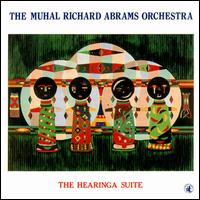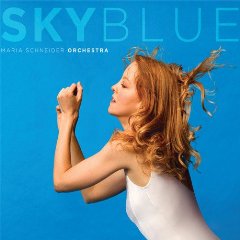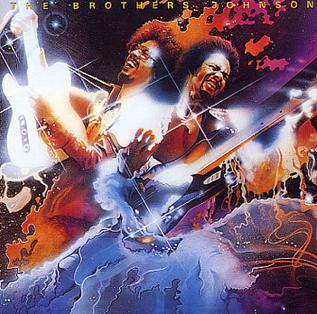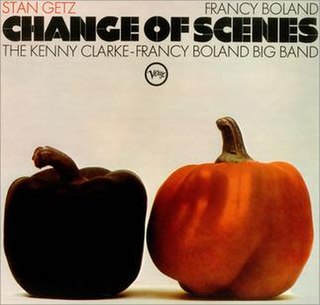
Frankly Sentimental is the fourth studio album by Frank Sinatra, released on June 20, 1949 as a set of four 78 rpm records and a 10" LP album.

Focus is a jazz album recorded in 1961, featuring Stan Getz on tenor saxophone with a string orchestra. The album is a suite which was originally commissioned by Getz from composer and arranger Eddie Sauter. Widely regarded as a high point in both men's careers, Getz later described Focus as his favorite among his own records. The pair would next collaborate on their soundtrack to the 1965 film Mickey One.
The Phat Pack is the third studio album by the jazz ensemble Gordon Goodwin's Big Phat Band. Goodwin received a Grammy Award nomination for Best Instrumental Arrangement for the song "Attack of the Killer Tomatoes".

Wishing Peace is the second recording released by the New York-based Toshiko Akiyoshi Jazz Orchestra featuring Lew Tabackin after 13 previous releases with their Los Angeles-based Toshiko Akiyoshi – Lew Tabackin Big Band. "Lady Liberty", "Wishing Peace" and "Uptown Stroll" form the three part "Liberty Suite" written on the occasion of the 100th anniversary of the Statue of Liberty.

XXL is the second studio album by Gordon Goodwin's Big Phat Band, released on September 23, 2003. It includes guest performances by saxophonist Michael Brecker, vocal group Take 6, clarinetist Eddie Daniels, and singer Johnny Mathis.

The Hearinga Suite is an album by Muhal Richard Abrams released on the Italian Black Saint label in 1989 and features performances of seven of Abrams compositions by an eighteen-member orchestra. Abrams dedicated the music on the album to Steve McCall and Donald Raphael Garrett.

Joyride is a 1965 studio album by jazz saxophonist Stanley Turrentine.

Evanescence is the debut studio large-ensemble jazz album by American composer Maria Schneider. It was released in 1994 by Enja Records.

Sky Blue is the fifth studio album by American jazz composer Maria Schneider. The album was released in 2007 through ArtistShare and was nominated for two 2008 Grammy Awards for Best Large Jazz Ensemble and Best Instrumental Composition.

A Bluish Bag is an album by jazz saxophonist Stanley Turrentine consisting of two sessions recorded for the Blue Note label in 1967 and arranged by Duke Pearson, the first featuring Donald Byrd and the second McCoy Tyner, among others.

City of Glass, an album originally issued as a 10" LP by Stan Kenton, consists entirely of the music of Bob Graettinger. The original album has been reconstituted in different LP re-issues, and the entire set of Kenton/Graettinger Capitol Records sessions is on the digital CD City of Glass.

Blam! is the third album by the Los Angeles-based duo Brothers Johnson. Released in 1978, the album topped the Billboard R&B albums chart and reached number seven on the pop albums chart.

Big Band Bossa Nova is a 1962 album by saxophonist Stan Getz with the Gary McFarland Orchestra. The album was arranged and conducted by Gary McFarland and produced by Creed Taylor for Verve Records. This was Getz's second bossa nova album for Verve following Jazz Samba, his very successful collaboration with guitarist Charlie Byrd.

The Blues Roar is an album released by Canadian jazz trumpeter Maynard Ferguson featuring tracks recorded in 1964 and originally released on the Mainstream label.

Invitation is the third album by Jaco Pastorius, released in December 1983. This is a live album recorded at various venues during a tour of Japan in September 1982, featuring his "Word of Mouth" big band. While his debut album showcased his eclectic and impressive skills on the electric bass, both Invitation and his previous album, Word of Mouth focused more on his ability to arrange for a larger band.

Winter Truce is an album led by composer, multi-instrumentalist and band leader Django Bates which was recorded in 1995 and released on the JMT label.

Music from Other Galaxies and Planets is an album by trumpeter/bandleader Don Ellis recorded in 1977 and released on the Atlantic label. The album features Ellis' recording of the "Theme from Star Wars" which was released as a single.

Stan Kenton Conducts the Los Angeles Neophonic Orchestra is an album by bandleader Stan Kenton recorded in 1965 by Capitol Records.

Change of Scenes is an album by saxophonist Stan Getz, Francy Boland and the Kenny Clarke/Francy Boland Big Band which was released on the Verve label in 1971.


















